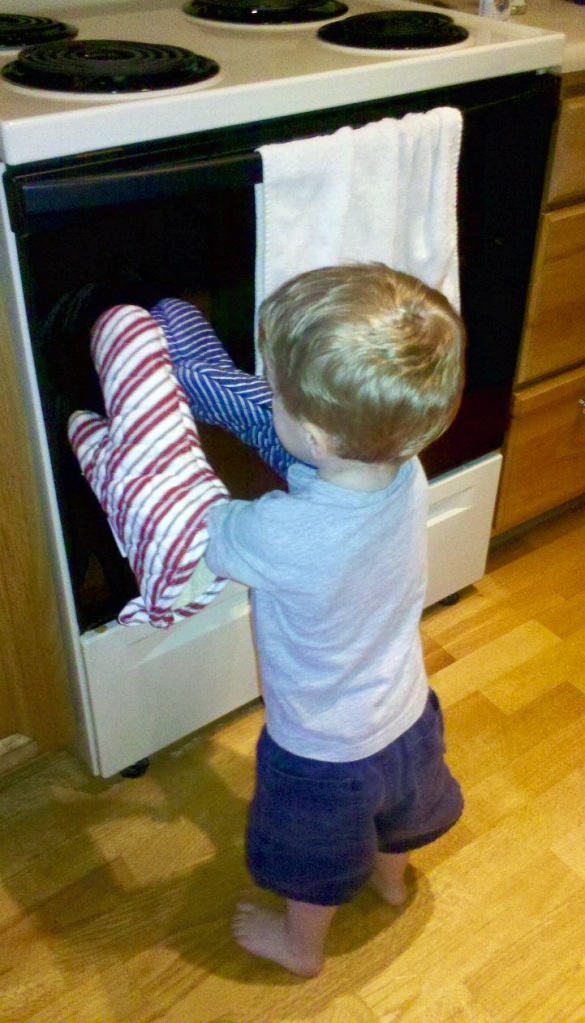
“I can’t believe she can’t tie her own shoes. She’s old enough to know by now.”
My friend was talking about his 5-year-old daughter at the time.
I asked if he’d ever taken the time to teach her how to tie her shoes. He stared at me and said that wasn’t his job and that she should have figured it out by now.
Why tell this story (which really happened!)?
To illustrate how important it is to teach and mentor others…whether they’re our kids, grandkids, employees, family, or friends.
It should be obvious that if you don’t teach, your student misses out on the chance to truly learn and grow. By choosing not to teach, you’re short-changing your mentee of the lessons you’ve learned through hard-earned experience.
In moments of urgency or simplicity, direct instructions are most appropriate, providing a clear roadmap for immediate action (telling).
But true teaching is the art of imparting understanding – the “why” behind actions. It requires a commitment of time and energy, and showcases the significance of tasks, the interconnections between steps, and the importance of specific approaches…usually through storytelling.
What kinds of stories? Stories that provide a personal connection, illustrate key points, and allow your learners to connect emotionally to what you’re teaching. Stories also help students drop their defensiveness toward receiving new information.
Another great teaching method is to ask questions. Questions encourage critical thinking. Ask the student why they think something is important, or how they view a situation. What would they do in the situation? What’s happening that may not be obvious? If their answers are incomplete or miss the nuances of a situation, you can provide additional perspectives and help them understand what to look for.
How can we tell stories and ask questions about something when it’s urgent? We already learned that in urgent situations, telling is often the most appropriate way of getting the right action quickly. To create truly teachable moments resulting from an urgent event, it’s critical that you take the time after the urgency has passed to discuss lessons learned, and maybe even how to avoid the urgency next time.
Your role as the teacher and mentor is to prepare your mentee to work independently and effectively. Not only how to tie their shoes, but why it’s important to tie them in the first place.
I have one favor to ask: If you find this information useful, please forward and recommend it to someone else. Thanks!









